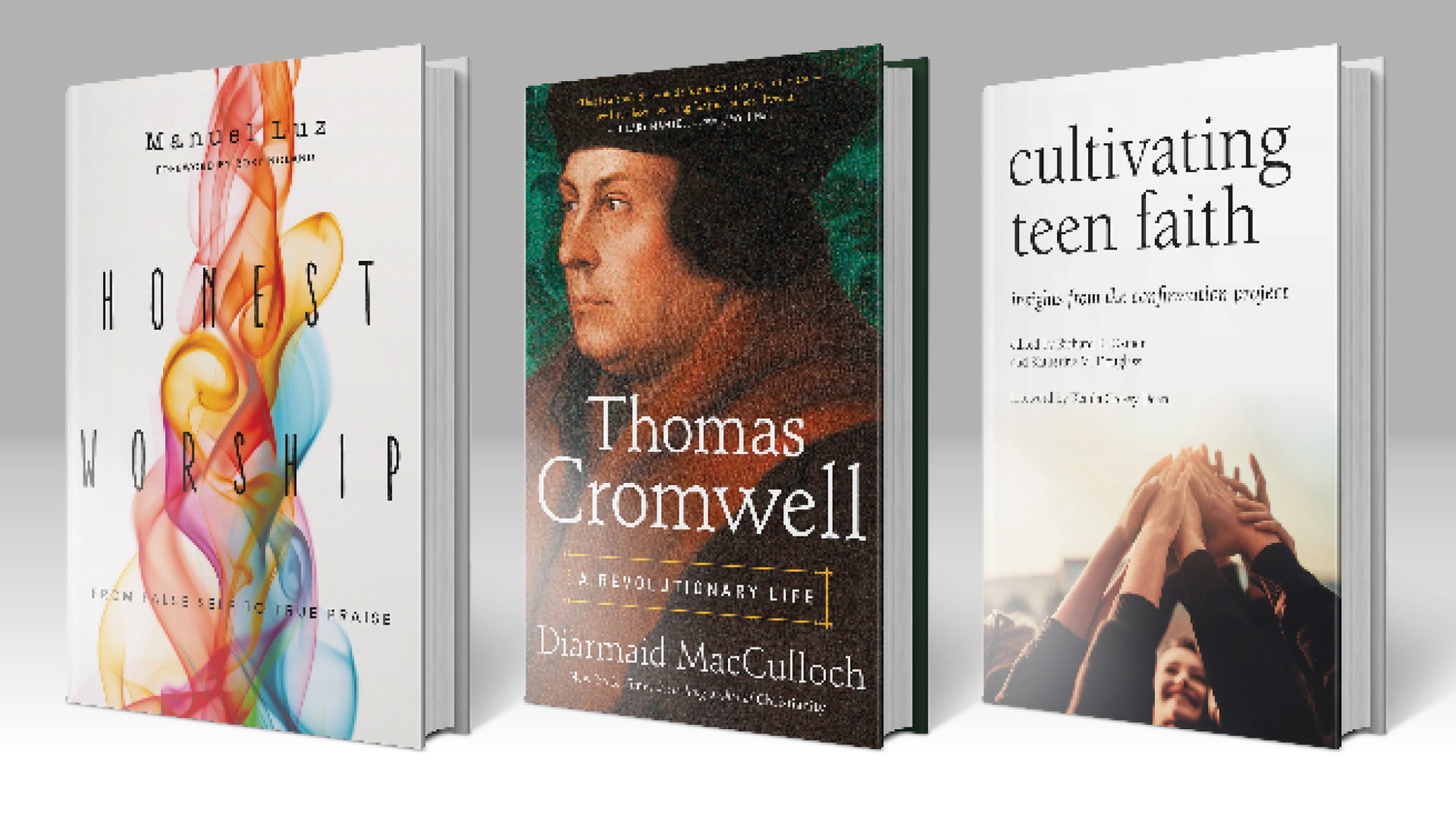Honest Worship:From False Self to True Praise
Manuel Luz (InterVarsity Press)
Luz, the creative arts pastor for a church in Northern California, describes himself as a worship leader who specialized in “spectacle”—musical and technological wizardry in a big-church setting. In Honest Worship, he measures this emphasis on human creativity against Jesus’ words to the Samaritan woman—that worshipers of God “must worship in Spirit and in truth” (John 4:24). “Here,” writes Luz, “is my fear for the church: in the midst of all the smoke machines, high-def video loops, and latest worship hits, we may be settling for something less than true transcendence, something less than Spirit-breathed worship, something less than God on God’s terms.”
Thomas Cromwell: A Revolutionary Life
Diarmaid MacCulloch (Viking)
MacCulloch, the British historian and author of wide-ranging histories of Christianity and the Reformation, has turned his attention to Thomas Cromwell, Henry VIII’s right-hand man during the English Reformation—at least until the king had him beheaded. Drawing from a massive trove of letters and official documents, MacCulloch pieces together the life of one of the most influential architects of Protestantism in Britain. Cromwell, he writes, “shaped a great revolution in his country’s affairs, which has in turn shaped much of the modern world, not least that still-Protestant power, the United States of America.”
Cultivating Teen Faith: Insights from the Confirmation Project
Edited by Richard R. Osmer and Katherine M. Douglass (Eerdmans)
How do American churches bring their youngest members into closer fellowship with the larger church community? A team of researchers set out to answer that question through the Confirmation Project, a three-year study of confirmation programs (and “equivalent practices”) at more than 3,000 congregations, representing five mainline denominations. “The big story here,” according to an editors’ introduction, “is diversity: there is no such thing as a ‘typical’ confirmation ministry in the United States. Every congregation we visited had a particular identity, a particular culture, a particular theological lens, and, therefore, a particular stake in forming young people’s faith in particular ways.”










